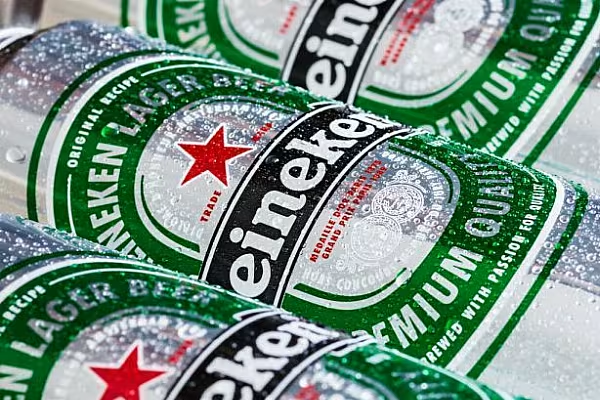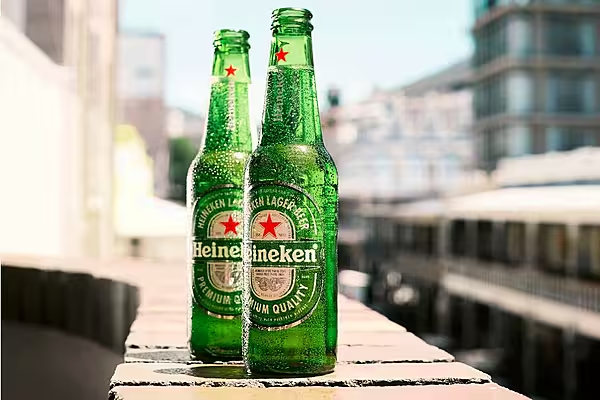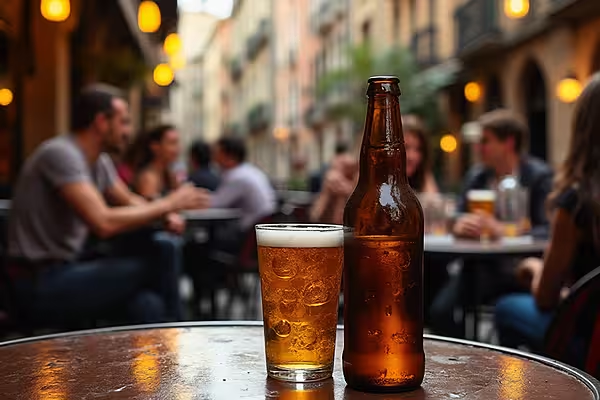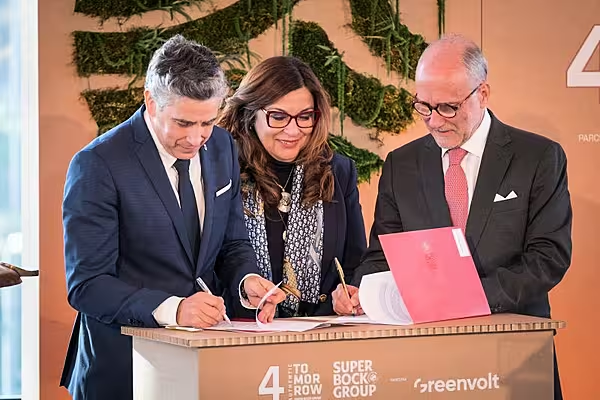Heineken, the world's second-largest beer-maker, has cut its full-year margin forecasts due to currency weakness in some more profitable markets and expansion in Brazil.
The brewer of Heineken lager, Tiger, Sol and Strongbow cider reported first-half earnings below market expectations and said that its operating margin would decline by 20 basis points in 2018, compared with a previous forecast of a 25-basis-point increase, after it fell sharply in the first six months.
Overall, the brewer sold more beer in the first six months of 2018 than expected, with the steepest growth experienced in its two most profitable markets, Vietnam and Mexico, along with Brazil, Cambodia, South Africa, Ethiopia and Russia.
Net revenue at the business was up 5.6% in organic terms, to €10.8 billion.
"Top line came in strong in the first half, with organic net revenue growth across all regions," said Jean-François van Boxmeer, Heineken's chief executive. "Europe was back to growth in the second quarter, whilst the other regions maintained their positive momentum. The Heineken brand grew strongly, by 7.5%."
Currency Hit
The Dutch brewer, whose Heineken lager is the top seller in Europe, said that the new guidance was because of the negative hit from currencies concentrated more in its high-margin countries, such as Vietnam, and a larger dilutive effect of its expanding Brazilian business.
Heineken acquired the loss-making Brazilian operations of Japan's Kirin in 2017, to become the number-two player in the South American country, and had previously warned of an impact on its margins.
"We're bringing the margin up, but it's not yet at group average, and at the same time, we have double-digit growth of volumes and revenue, which, frankly, we had not expected," chief financial officer Laurence Debroux told Reuters.
Debroux added that Heineken now believed that Brazilian margins could climb to company-average levels.
"A year ago, we did not want to say that because it was still to be seen, but at this stage, we do think this is possible. [...] We say [in] three to five years," she said.
"[In the second half, Heineken expects a] continuation of our revenue growth and an acceleration of our operating profit growth on an organic basis," van Boxmeer added.
"We continue to invest steadily behind our brands, innovations, e-commerce platforms and commercial strategy. For the full year, given the marked acceleration of our business in Brazil, with margins still below group average and the negative impact from currencies, we now expect the operating profit margin to decrease by approximately 20 bps," he said.
One-Off Factors
Trevor Stirling, a beverage analyst at Bernstein Securities, said that there was "an arms-length list of factors and one-offs" explaining the first-half profit weakness.
"If you're an optimist, you'd say a lot of the first-half weakness is from one-offs, and high growth in Brazil is a long-term positive, but, then, you need to do much better in the second half to hit the revised guidance," Stirling said.
Stronger revenue growth was partly offset by higher expenses and increased input costs, notably for aluminium, Heineken said.
The brewer's first-half operating profit before one-offs grew by 1.3% on a like-for-like basis, to €1.75 billion, below the average forecast of €1.89 billion in a Reuters poll.
The operating margin fell by 118 basis points. Excluding Brazil, this would have been a 76-basis-point decline.
Earnings per share, at €1.89, were also below the Reuters consensus forecast (€1.95).
News by Reuters, edited by ESM. Additional reporting by Stephen Wynne-Jones. Click subscribe to sign up to ESM: European Supermarket Magazine.














